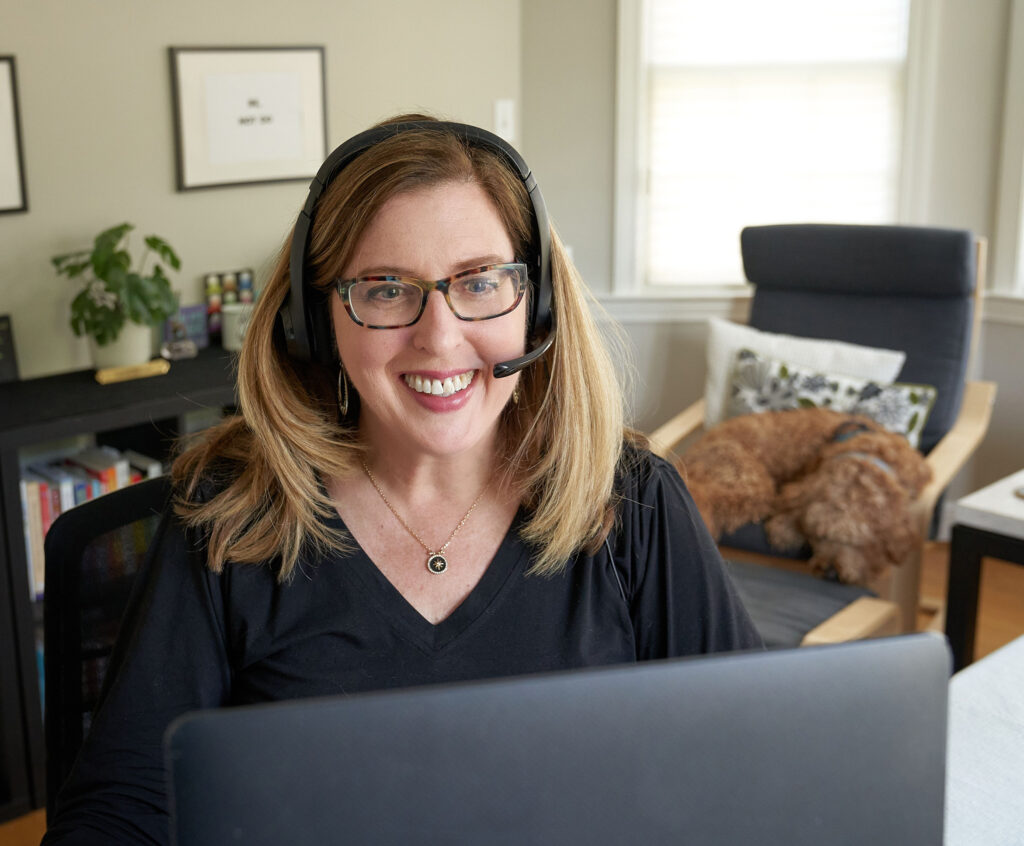Alex just accepted an in-house job offer from one of her firm’s top clients. The firm is delighted to deepen its relationship with the client, and Alex is excited about the opportunity. Alex asked me what she can do to ensure success in this new role.
An attorney’s success as an in-house lawyer seems to be pegged to certain skills and mindsets. While their relative importance depends on many factors, most in-house positions draw on the following qualities:
Being curious about the business. A priority for in-house lawyers must be to learn the details of the business. This includes stakeholders’ concerns, the business model of how the organization earns its revenue (or, for non-profits or government agencies, their measures of success), the big picture of how the organization fits into the larger market and industry, and the organization’s priorities and risk tolerances.
The more this contextual understanding informs a lawyer’s judgment and recommendations, the more value that lawyer brings. Many in-house lawyers tell me giving this enhanced value is what they enjoy most about working in-house. They derive great satisfaction from seeing firsthand their ideas and efforts play out over time, knowing they were integral to those outcomes.
Understanding your value to the enterprise. In a law firm, subject matter expertise (SME) is prized above many other considerations since that is a key reason most institutional clients retain external counsel. For in-house lawyers, that may or may not be the case; the importance of any in-house lawyer’s SME depends on various factors, such as the specific in-house role, seniority level, generalist vs. specialist position, etc.
What is valued, universally, in-house is a lawyer’s ability to listen, to communicate complex information to diverse internal and sometimes external constituencies, to make recommendations, to forge relationships, and to inspire trust. Because many in-house lawyers must exercise judgment about whether and when to outsource to a law firm, another component of their value often stems from their ability to “own” the outsourcing process, which includes managing outside counsel.
Being decisive AND comfortable with ambiguity. The ability to make thoughtful and intelligent real time recommendations without waffling is an essential quality for most in-house lawyers. Many questions presented to an in-house lawyer have no single “right answer” and instead require the lawyer to apply their expertise to make a judgment call, or to help their internal clients make one. Operating this way be a challenging adjustment for some lawyers, especially those with perfectionistic tendencies; they may feel stressed by the loss of the (actual or perceived) luxury of time and resources to research every facet of every issue the way they might at a law firm, or by not having a more senior lawyer bless their judgment.
Staying politically astute. While office politics occur in every workplace, firm lawyers are sometimes surprised by the magnitude of the change when they first move in-house. Perhaps counterintuitively, “politics” can be less of an issue in law firms because, for better or worse, in a law firm most measures of success (revenue, collections, billable hours, etc.) are clear and not very subjective. Firm lawyers are also fee-generators, which may make them feel less pressure to publicize their contributions to justify their worth. The chain of command at a law firm on client matters is also relatively easy to discern—e.g., everyone knows Partner A’s proposed strategy will be implemented because Partner A is the Client X relationship partner.
In contrast, in-house legal departments tend to be cost centers; their costs are part of the overhead of the business and they often service multiple internal clients and constituents. Sometimes those groups have divergent interests, even though they are ostensibly part of a single organization. Successful in-house lawyers learn to artfully navigate that landscape. Lawyers who lack the ability to navigate these dynamics, or who choose to ignore those realities, will be less effective and may end up feeling stressed by them.
Having “executive presence” and a strong backbone. Executive presence can be defined as “when you speak, people listen and take your ideas seriously.” When a lawyer gives advice—especially advice the audience won’t like—they need executive presence to convey authority so they can earn the audience’s respect. In-house lawyers must be comfortable saying “no” when necessary, even to people who are senior or who have more political capital within the organization—or who pressure you to recommend otherwise. This also applies to compliance-related positions.
Having, or getting, management skills. Many in-house lawyers manage others, either directly or indirectly; this includes outside counsel, plus individuals within the organization (e.g., other lawyers, assistants, staff). Since management skills are required, in-house lawyers need the drive and the humility to learn them.
Management skills include delegation, feedback, and supervision. These can be learned, and many organizations (companies, law firms and others) offer internal management training or coaching. There are also ample external resources available online, many free.
These qualities aren’t relevant only to in-house legal departments and individual lawyers. They also matter—or they should – to law firms’ leadership and individual practitioners. Alex will need these qualities if she moves in-house. As most law firms want their alumni/ae to move to in-house positions to cement the relationship with the client, firms would be wise to make sure their lawyers understand these seven skills and to support development of them.
Even if Alex ends up staying at her firm, exercising these seven qualities will enable her to serve clients better. An appreciation of the pain points and dynamics that in-house counsel face means that Alex can more effectively serve their needs and provide bespoke judgment. THAT’s exactly what causes clients to think of their outside counsel as a “trusted advisor” —and what keeps them coming back again and again.
TO LEARN MORE:
- https://www.acc.com/resource-library/top-ten-tips-be-successful-new-house-counsel-and-beyond
- https://www.attorneyatwork.com/three-tips-for-starting-off-strong-when-going-in-house-corporate-counsel/
- //www.americanbar.org/content/dam/aba/publications/franchising_law_journal/summer2020/applebybatenhorst.pdf
Reprinted with permission from The American Lawyer. © 2022 ALM Media Properties, LLC.
Further duplication or distribution without permission is prohibited. All rights reserved.

